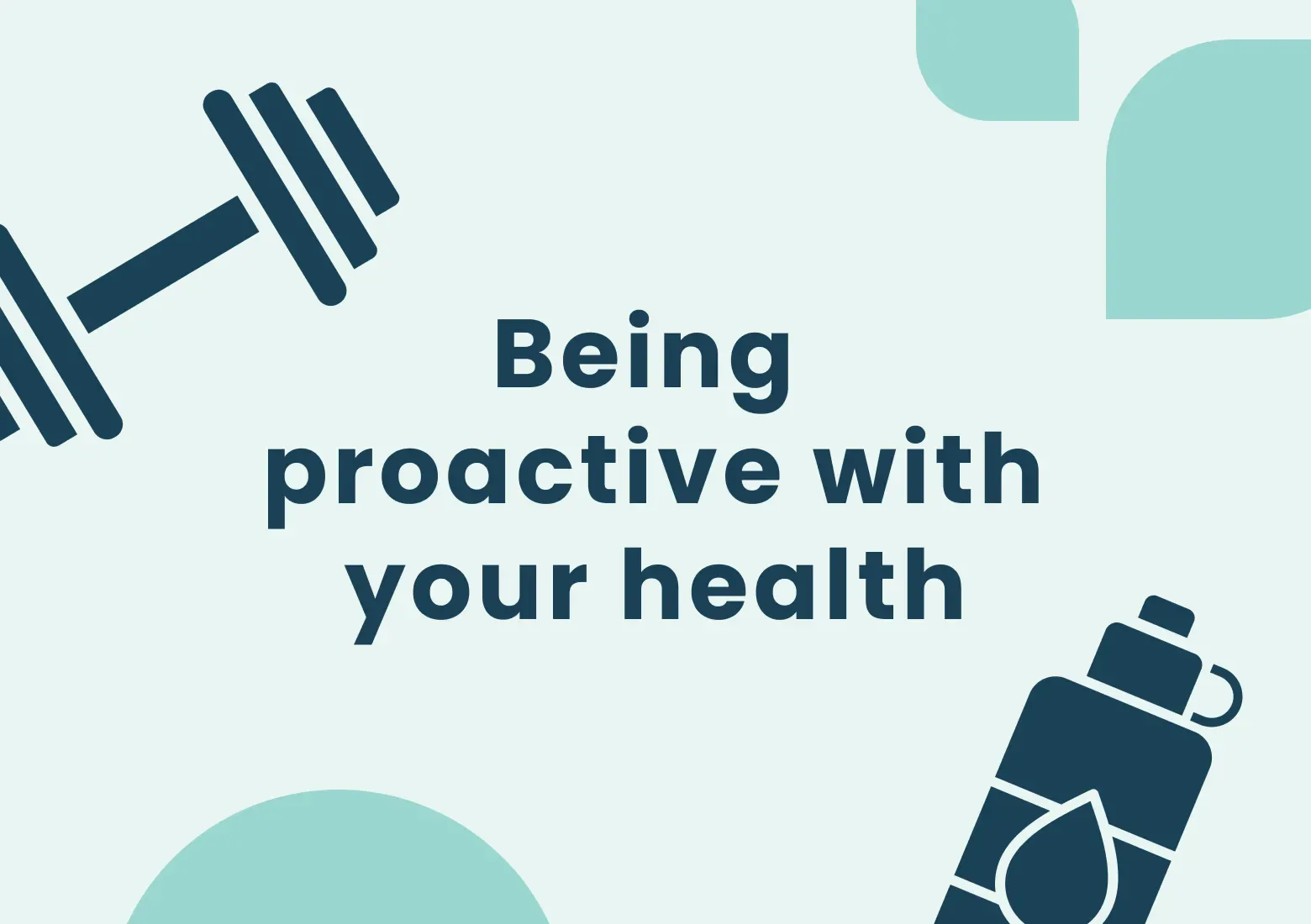6 Ways to Set a Baseline for Your Health
August 3 • 2023

Getting better when you’re sick is really important, but it’s not enough. You also want to be healthier when you’re not sick. But how do you set a baseline so you can track your health over time?
By partnering with a team of caring professionals equipped with the tools and expertise to help you understand and measure what’s important, then help you track progress and make adjustments along the way.
Aylo Health consistently tracks these metrics for our patients, which results in care that is truly personalized to each person.
Here are a few of the basic metrics that make up your overall health score. Be sure to consult with an Aylo Health provider to see how these numbers stack up for you.
1. Body Mass Index (BMI)
BMI is a measurement of body fat based on height and weight. It is a good indicator of whether you are underweight (BMI < 18), normal weight (BMI 18-25), overweight (BMI 25.1-29.9), or obese (BMI > 30). Maintaining a healthy BMI can help reduce your risk of chronic diseases such as heart disease, diabetes, and certain cancers. But BMI alone is not sufficient to evaluate your overall health.
2. Blood Pressure
High blood pressure can increase your risk of heart disease and stroke. Monitoring your blood pressure regularly can help you identify potential issues and take steps to lower it if necessary. A healthy blood pressure reading is typically less than 120/80 mmHg.
3. Resting Heart Rate
Your resting heart rate is the number of times your heart beats per minute while at rest. A lower resting heart rate is generally an indicator of good cardiovascular health. Aim for a resting heart rate of 60-100 beats per minute.
4. Sleep Quality
Getting enough quality sleep is essential for good health. Poor sleep quality can lead to a range of health problems, including obesity, diabetes, and heart disease. Aim for 7-9 hours of sleep per night, and try to establish a regular sleep routine.
5. Physical Activity
Regular physical activity can help you maintain a healthy weight, reduce your risk of chronic diseases, and improve your mental health. Aim for at least 150 minutes of moderate-intensity exercise per week, such as brisk walking or cycling.
6. Routine Screenings
Regular screenings can help detect potential health issues early before they become more serious and harder to treat. These check-ups can also help monitor existing conditions, ensure that you are up to date on treatments and screenings appropriate for your age and health status, and provide an opportunity to discuss any concerns or questions you may have about your health.
We’ve got a challenge for you: define your starting line. Set up an appointment with your provider so you can see the big picture, track your progress over time, and establish a well-informed and comprehensive plan. Where are your winning on your health journey right now? What about the areas where you need help?
Get started on your health journey by scheduling a physical exam with Aylo Health today!